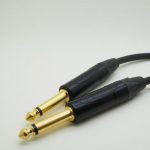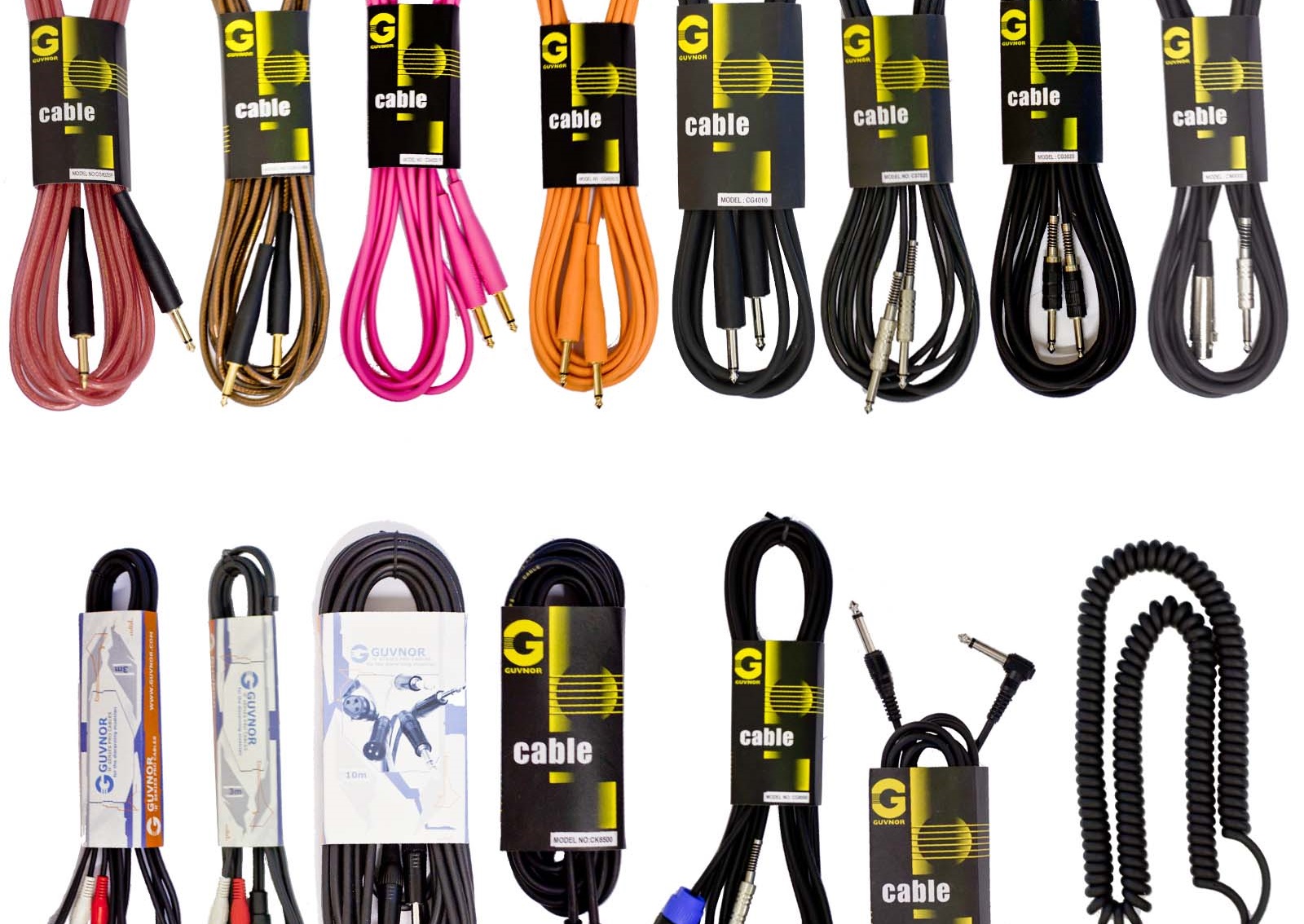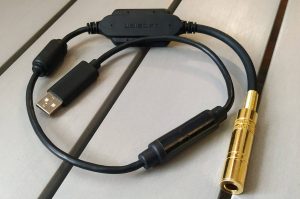
Can I use an instrument cable as a speaker cable?
Either you are new to home entertainment and are just building your first device or a veteran, choosing the right form of speaker cables is important in order to make sure that you get the best output from your equipment.
Only’ cheap’ home entertainment systems are relatively expensive, so scrubbing and saving is not significant.
That being said, do not throw your money into the most expensive speaker cables you can find as you can use an instrument cable as a speaker cable.
Copper or silver
Many speaker cables are made of copper because they are a very good electric current conductor. There are also silver wires, which are even better conductors than copper.
But silver is clearly a much costlier commodity, which can cost hundreds if not thousands of dollars for silver cables.
Many people cannot tell the difference between speaker cable and instrument cable, but there are also cables made of silver plated copper to add to the mystery.
This is an ideal solution that provides excellent efficiency, while remaining economical for most people.
Size Matters
For general, the shorter the speaker cable travels, the easier it is. The cable’s length or thickness may also affect performance.
Thicker cables tend to maintain the signal over longer distances and may also lead to reducing the resistance to a fuller and richer tone.
Average users would find 16 gage speaker cables perfectly fine for their needs; however, serious audiophiles typically like the thicker cable extra and use 12 gage cables for surround sound speakers and 10 gage for subwoofs.
If I use connectors
The cable ends can be connected to connectors such as bananas and spade terminals, to make it easier to connect to the source device and speakers.
Many purists claim that adding some form of connector would degrade the signal, if only in small quantities. I prefer simply trim the bare end of the cable so often that corrosion is avoided and a safe, fresh connection is guaranteed.
